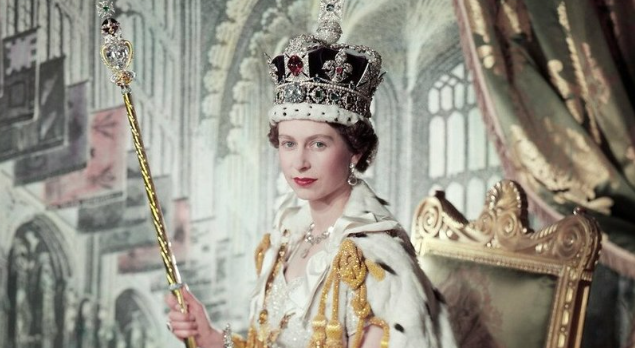The Coronation at the Heart of British Tradition
by TBG

The Palace’s willingness to continuously compromise places the Monarchy in a precarious position, providing ammunition to the Crown’s most cut-throat critics and driving away conservatives who would rightly expect the Palace to be a bastion of British tradition
by L.I.
The coronation ceremony has remained essentially unchanged since the crowning of William the Conqueror in Westminster Abbey in 1066. The essential purpose of the coronation is to see the monarch swear an oath to uphold the Church of England and rule Britain with honour, wisdom, and mercy. As such, it is a spiritual ceremony, representing the monarch’s loyalty to God and the coming together of the dual pillars of Britain: the Church and the Crown.
Almost immediately upon the ascension of His Majesty Charles III in September of last year, speculation arose as to what shape the coronation would take. Elizabeth II’s 1953 coronation likewise created quite a stir in being the first such ceremony to be televised in history, with some traditionalists protesting that capturing the event on camera would trivialise its inherent sanctity. Prime Minister Winston Churchill was especially opposed to the idea, though following fierce debate in the British Cabinet, the cameras were rolled in, and broadcasting history was made.
Those who protested the modern elements of the 1953 event will likely be rolling in their graves at the changes to Charles III’s coronation which will take place next month. His Majesty has requested a much-simplified ceremony, with less pomp and more practicality. His musing some time ago that he would prefer to be “Defender of Faith” in place of “Defender of The Faith” (with its all-important article) had Anglicans up in arms, and rightfully so. To top it off, last week it was revealed that the procession will follow a significantly shorter route of a mile and a half, in contrast to the five-mile route taken by Elizabeth II at her coronation.
Nearly ten years ago, the then Bishop of Oxford, Lord Harries of Pentregarth, put forward the “inclusive” suggestion of incorporating an Islamic prayer into the ceremony. While not taken particularly seriously at the time, the suggestion raises the question of what the role of the Monarchy will be going forward and where the established Church fits into an increasingly diverse, multicultural, and essentially non-Christian society. That the Church is in crisis, and has been for some time, is no news: a study from 2018 revealed that a mere two out of every 100 youth identify as Anglican, and the 2021 census showed that even nominal Christians (who may not attend church or practice their faith actively) only make up 46 per cent of the population, a decline of 13 per cent from 2011.
It is not only the melting pot of religious belief that Britain has become that is a threat to the stability of the Monarchy; a greater danger is perhaps the rise of unbelief. The apparently incessant trend among academics and other influential public figures to take an ultra-critical attitude to our British past, heritage, and traditions is chipping away at the bedrock of our society in the name of “progression”. The Palace’s willingness to continuously compromise places the Monarchy in a precarious position, providing ammunition to the Crown’s most cut-throat critics and driving away conservatives who would rightly expect the Palace to be bastion of British tradition against any and all attacks.
There is no question that traditionalists are concerned about the current and future state of the Monarchy. The coronation will, on the surface at least, no doubt be a grand spectacle, in all its glory and pageantry. We may be forgiven for wondering, however, what it is that remains underneath it all: what will be the deeper spiritual significance of the words spoken and rituals performed in Westminster Abbey on the sixth of May? With the coronation being the heart of British tradition, as a symbol of the role of the Monarchy at the centre of our ancient realm, it is a question worth considering.
Other recent topical articles can be found here. If you have something to add, please leave a comment below and get the conversation started. We will be moving away from the Disqus commenting system soon, allowing us to remove these irritating and obligatory adverts.